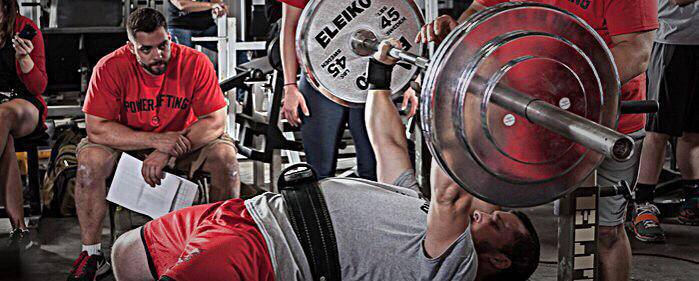
Often times, being bad at a movement or test identifies a weakness that needs addressed in your training, and "doing what you suck at" is a great mantra to live by. But sometimes, I see this getting taken out of context, and bad advice being applied to a lot of lifters..
/
...I notice a lot of coaches (or veteran lifters) that will take a younger lifter, tell them "do this"; and when they can't do it well, say "well see, that's your problem right there."
/
One specific example (among many) is when a coach will take a lifter and has them do their normal squat - then has them widen their stance out as wideeeee as humanly possible, and says "ok, now squat" ...When they are inevitably really unstable and weak; they say "see, you need stronger and more flexible hips, then you can squat like ____ over there!" *points to one of their lifters who squats wide and also squats over 700 lbs*
/
This logic really doesn't make sense when you think deeper than surface level. While strengthening that lifters ability to squat in a wider position may allow them to squat more weight with a reduced range of motion, many lifters just simply can't squat wider because they aren't suited for it (whether it's because of bone structure, injuries, or other factors). There are many levels deeper than just "you're bad it, so do it." That coaches advice may be the answer you need, but before you turn your training upside down or re-create your technique, look at the big picture.
/
Because News Flash: I guarantee any of us can create a "test" or movement that you suck at.
/
I'm going to write more about how to analyze program/technique advice you get in one of my future columns, but for now I just want to encourage everyone to take EVERYTHING other lifters tell you (including me), with a grain of salt. Always think critically about the advice you get before you apply it. Ask questions, play around with different options, and if the person giving you advice doesn't want to (or can't) explain a "why" that makes sense to you, maybe it isn't worth applying.
/









